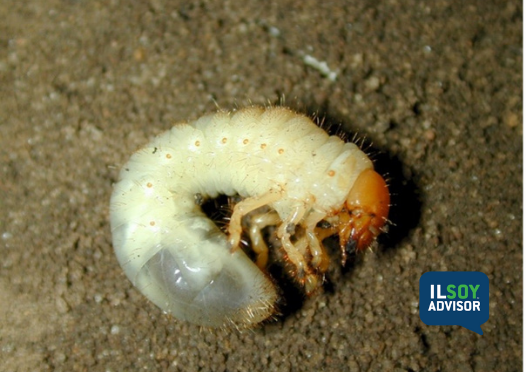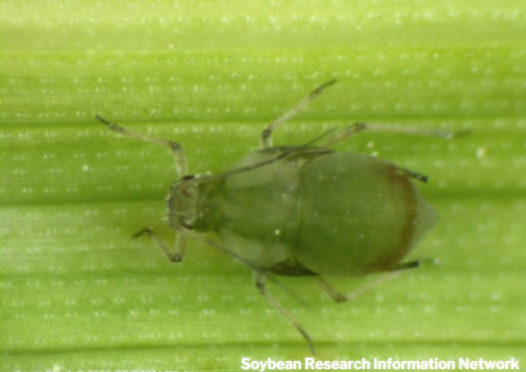ILSOYADVISOR POST
Insects: 2015 Pest Season at the University of Plant Clinic
Pest issues in your soybeans? Let us help you identify it. The Plant Clinic has the rare opportunity to see pest issues from all over the state, and each year brings its own challenges and surprises. Weather, variety selection and cultural issues all combine to make each pest season unique. Last season brought unwelcome combinations of stem canker, pod and stem blight, charcoal rot and soybean stem borer! Yes, I said charcoal rot, and yes last year was cool and wet. Pests do not always behave the way we think they should just because that’s the way they always behaved. We also saw a lot of damage from perennial threats like soybean cyst nematode (SCN), white mold and sudden death syndrome (SDS).
Samples have been steadily appearing this spring here at the Clinic in our 40th year of operation. We typically diagnose over 4000 soybean plant and soil samples each year to serve Illinois soybean producers. Diagnoses include IPM recommendations to manage those identified pests. We provide phytosanitary disease diagnosis for Illinois soybean seed producers, and SCN and vermiform population counts for growers and in support of research grants and private contractors. We also provide support through screening of soybean varieties with reported or intended resistance to SCN for grant projects and private companies.
Figuring out pest issues is a lot like crime scene investigation. We see a dead or dying plant and we want to know the why, the what and the how. Plant Clinic services include plant, weed and insect identification, diagnosis of disease, chemical injury observation (chemical injury on field crops only), nematode assays and help with nutrient-related problems. Microscopic examinations, laboratory culturing, virus assays and qPCR and nematode assays are some of the techniques used in the lab. Most samples can be diagnosed within a day or two. Should culturing be necessary, isolates may not be ready to make a final reading for as long as two weeks. Nematode processing also requires about 1 – 2 weeks, depending on the procedure. Please refer to our website http://web.extension.illinois.edu/plantclinic/ for additional details on sampling, sample forms, fees and services offered. If you have questions about what, where or how to sample, call us at 217-333-0519 or email plantclinic@illinois.edu. We look forward to an interesting and favorable season.
Photo caption: White mold Sclerotinia sclerotiorum forming large black sclerotia on soybean stems. Photo courtesy of U of I Plant Clinic.

Suzanne Bissonnette
Plant Clinic Director and Illinois NIFA-Extension IPM Coordinator
University of Illinois Extension




Comments
Add new comment